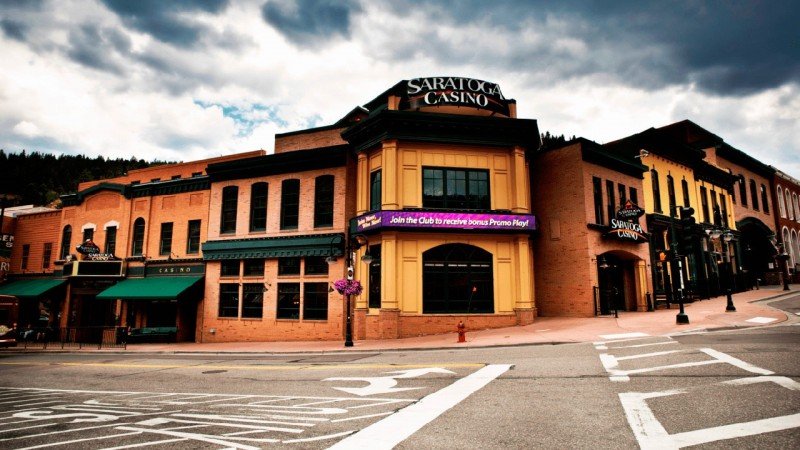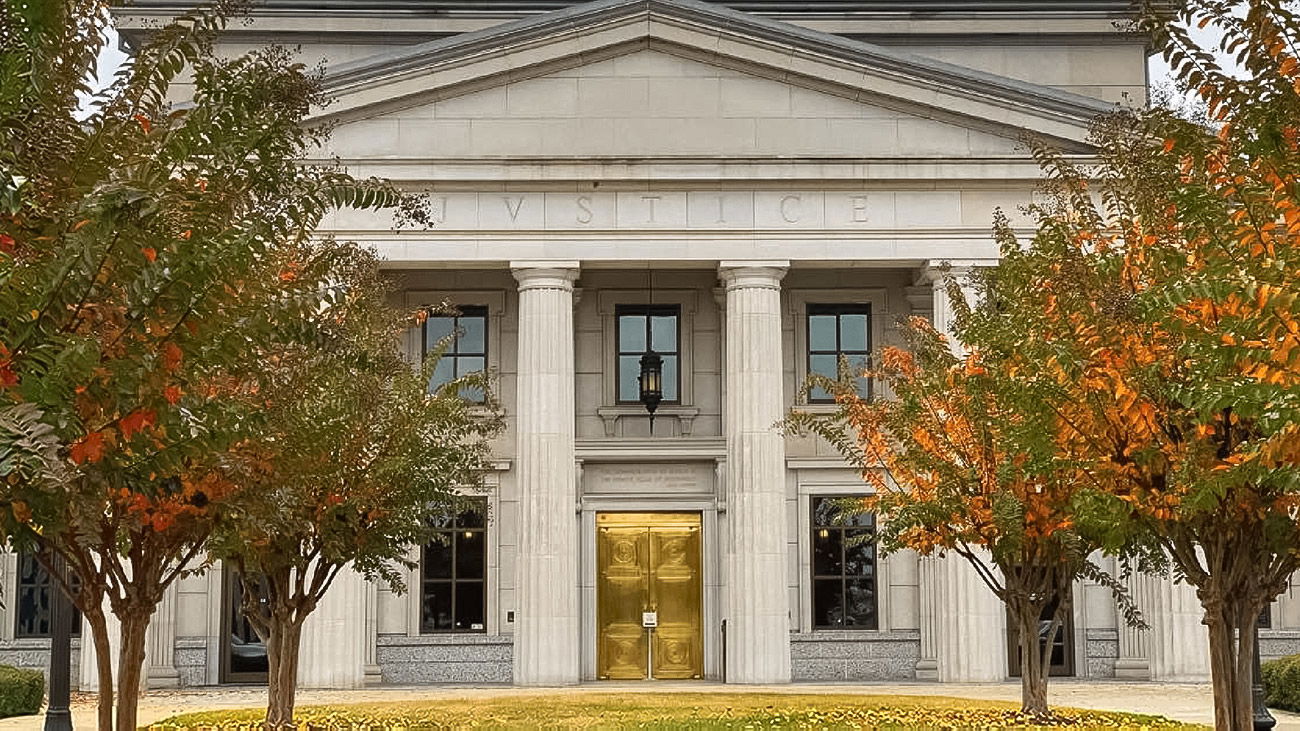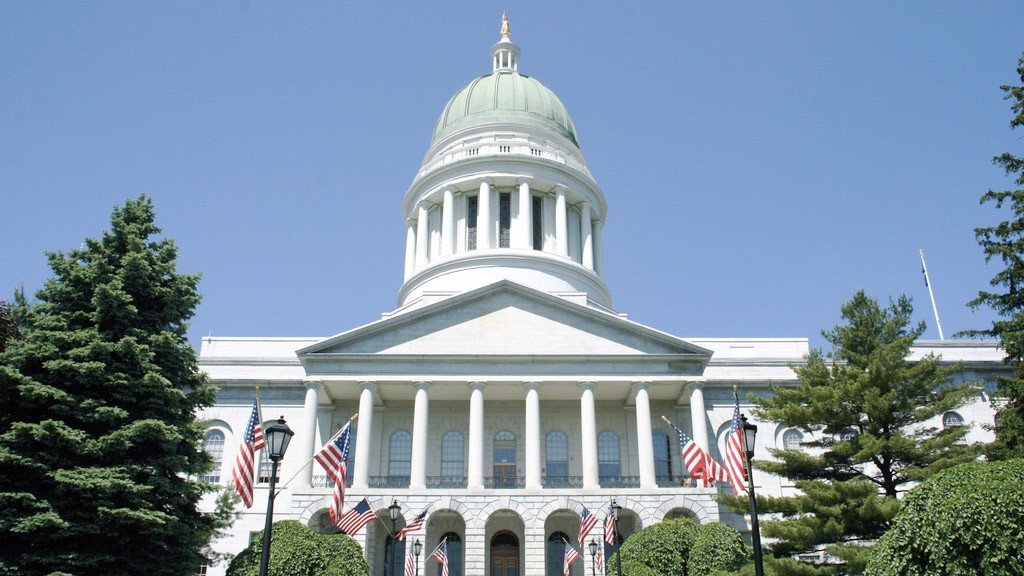Colorado gaming authorities reject proposed tax relief for casinos

The Colorado Limited Gaming Control Commission unanimously rejected a proposed tax relief for casinos that could have taken effect July 1, despite warnings from Colorado Gaming Association leaders that some casinos are close to a permanent closure after being shut down since March 17.
CGA officials had asked for a revamping of the state’s progressive tax structure, under which casinos pay higher rates of taxes the more they make, such that the minimum level of gaming proceeds needed to advance to a higher tax level would be raised, Denver Business Journal reports.
They noted that not only have the 33 Colorado gaming halls been without any revenue for more than two months now but that when they are allowed to reopen, they likely will have to reduce slot machines and space players at table games in order to create social distancing, further hindering income.
The five members of the Gaming Control Commission seemed to prioritize the testimony from the counties and towns that are primary beneficiaries of gaming taxes that their already battered budgets would be at the point of breaking with a significant revenue drop from casinos. Gilpin County Commissioner Gail Watson — whose jurisdiction includes Black Hawk and Central City, two of Colorado’s three approved gaming areas — noted that casinos generate 82% of county revenue and that everything from the county jail services to sheriff’s office patrols of Central City would have to be cut to the point where safety likely would be an issue.
The full extent of the damage taken by Colorado’s casino industry remains unknown and likely will until casinos reopen, but Daniel Holmes, the gaming practice lead for public accounting firm RubinBrown LLP, estimated they have lost $99 million in revenue since their closures were ordered by Gov. Jared Polis on March 17, costing the state $17 million in taxes during that time.
Casinos were able to begin taking wagers on sporting events on May 1 under an initiative approved by voters in November. But what was viewed as a significant boon to the industry early this year turned into an opening of a new revenue line that was concurrent without sporting events taking place in America.
CGA executive director Peggi O’Keefe and legal counsel Mark Grueskin did not estimate how much money the proposed tax-structure changes would bring to casinos, as there remains too much uncertainty on when they can even reopen. But in answering a question from one of the commission members, Grueskin said that with pressure mounting from some lenders in a zero-revenue time period, “casinos may or may not be here, depending on how long this lasts.”
However, he noted that the less casinos can bring back personnel or market themselves because of a lack of funds, the less they will be able to attract patrons and generate the tax revenue that is so needed by gambling towns and counties, as well as community colleges that also get a take of the tax revenues. While Holmes noted that patrons have returned in good numbers to the first U.S. casinos that have opened — in Louisiana and on Native American tribal lands — he predicted it will be harder to get people to drive 45 minutes outside of Denver or Colorado Springs to visit the three gaming towns, at least in the short run.
Casinos already have benefitted some from the help of local governments, as both Black Hawk and Cripple Creek have waived gaming-device fees during the shutdown. But even that has dealt harsher blows to the local towns and counties, as Cripple Creek officials say that tax revenue is down 70% during the pandemic and Gilpin County has had to close its community center and other functions.


















































